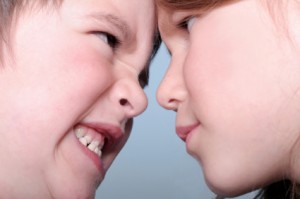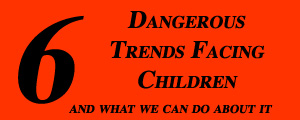
Using optimism when we have made a mistake can be a difficult step as we work at developing this attitude. When we make a mistake we have some choices to make. Are we going to be embarrassed and try to hide the fact that a mistake was made? Are we going to try to get out of it by blaming another person? Are we going to deny it, being afraid that we may lose the respect or the friendship of another person?
We know that when we blame someone else that they may get in trouble for something that they did not do, and it is likely that the truth will be found out anyway. When we make a mistake the right thing to do is to admit it and be optimistic. Optimistic that everything will be OK. We have told the truth, we are taking responsibility for our actions, we have apologized and now we are looking for ways to make things right. If we have taken those steps we have every reason to believe (to be optimistic) that we will find a resolution to the mistake.
Sometimes our mistakes are on a personal level where we have said or done something that hurt the feelings of another person. Whatever the reason is that this has occurred, taking responsibility and apologizing is the right thing to do. Staying calm acknowledging the pain of the other person and your own pain, apologize if you have done something wrong, and let them know that you are willing to do what it takes to make things right. Again, when we are optimistic, we believe that by being accountable, we can make things right again.




